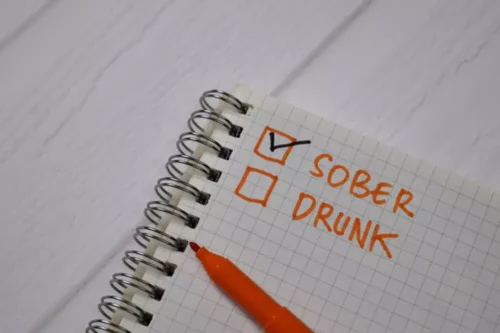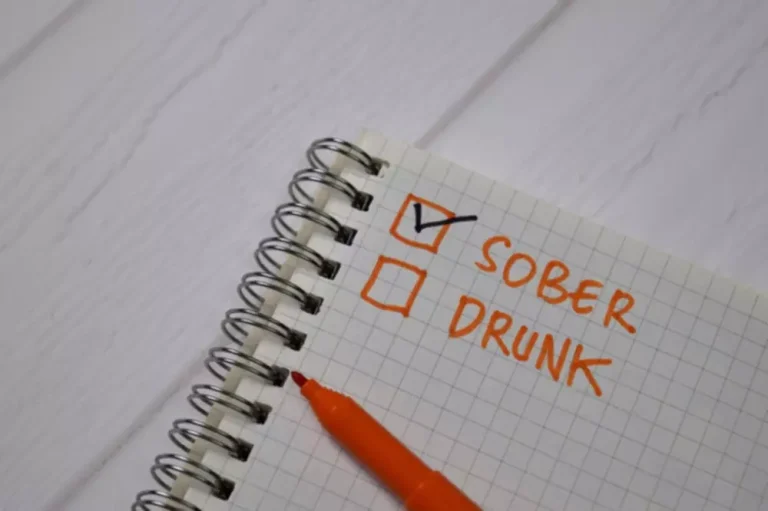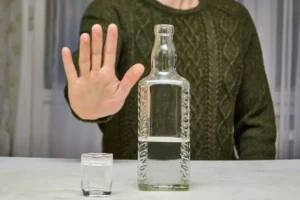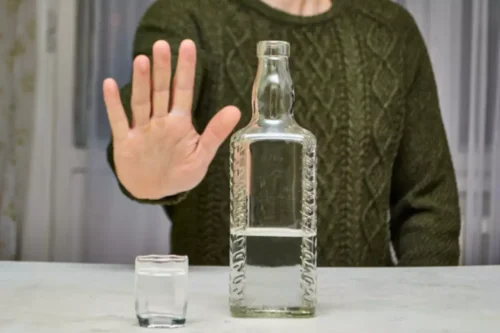
Seeking medical advice, exploring treatment options, and tapping into community support can be instrumental in taking control of your alcohol intake. Remember, it’s never too late to prioritize your kidney health. Drinking too much even on just one occasion can have negative effects on overall health.

What Are the First Signs of Kidney Damage from Alcohol?
The previous belief that moderate red wine is beneficial has been debunked. In fact, it has been shown to provide no health benefits (26, 27). The World Health Organization (WHO) warns that there’s no safe level of alcohol consumption. Information on this site is provided for informational purposes only. It is not meant to substitute for medical advice from your physician or other medical professional. You should not use the information contained herein for diagnosing or treating a health problem or disease, or prescribing any medication.
Myth: Normal alcohol consumption directly damages kidneys
Our team of experienced, compassionate urologists are here to assist you. But alcohol can also harm other body organs which can impair renal function. The Recovery Village Columbus offers comprehensive addiction treatment for drug and alcohol addictions and co-occurring drug addiction mental health conditions.
Chronic Kidney Damage Due to Binge Drinking

Understanding how alcohol affects these essential functions is critical for maintaining overall health. Alcohol can have both short-term and long-term effects on kidney function, leading to various complications. Alcohol consumption has both direct and indirect effects on kidney function. When alcohol is ingested, it enters the bloodstream quickly—often within minutes—impacting various organs, including the kidneys.
- At these stages, CKD moderately to severely impacts kidney function.
- The liver and kidneys, both affected by drinking as previously discussed, play essential roles in vitamin D activation.
- Finally, alcohol dehydrates your body, which further hinders the normal function of your cells and organs.
Binge drinking can lead to acute kidney injury (AKI), a sudden drop in kidney function that can sometimes lead to lasting damage. Alcohol impacts many parts of your body, including your kidneys. Occasional drinking, one or two drinks now and then, usually doesn’t harm kidney function.
- This article reviews the nutritional differences with types of alcohol and how alcohol can impact a renal diet.
- In general, the kidneys heal on their own after the stress of heavy consumption of alcohol is over.
- When the kidneys are under pressure, they cannot function properly.
- These genetic deviations make one susceptible to diverse problems.
Your kidneys may not get as much attention as your heart or liver, but they’re just as essential. If you drink regularly, especially heavily, your kidneys could be working overtime without your knowledge. This guide unpacks the science behind alcohol-related kidney damage, helps you recognize early warning signs, and outlines proactive steps to protect your long-term health. However, it is kidney pain from drinking important to note that alcohol-induced kidney damage may not always cause kidney pain. Drinking too much can damage your body’s sensitivity to insulin, disrupting your body’s blood-sugar levels. Alcohol can also lead to acute pancreatitis, and repetitive damage can lead to chronic pancreatitis.

General Health

If you struggle with chronic alcohol misuse, treatment begins with a medical detox program. Afterward, treatment may involve a variety of therapies in either inpatient or outpatient settings. Although indirectly, alcohol can cause a urinary tract infection (UTI). Many delicious options can substitute for alcoholic drinks during social events. Proper hydration can help your kidneys function better, especially if you consume alcohol. Alcohol is also a known carcinogen, which can cause cancer, and chronic drinking can cause liver damage.
